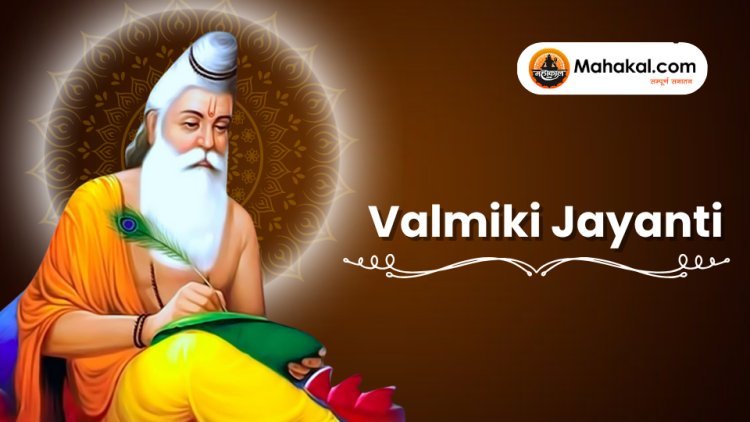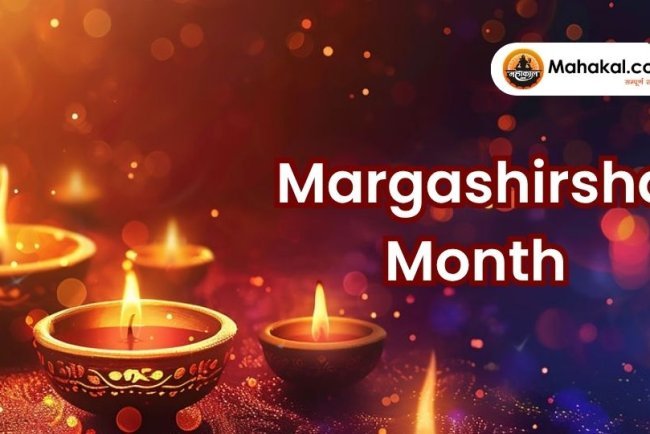Maharishi Valmiki and the Importance of Valmiki Jayanti
Celebrate Maharishi Valmiki Jayanti and honor the legendary sage who authored the Ramayana, highlighting his cultural and spiritual significance.

Valmiki Jayanti is a Hindu festival celebrated annually to honor the birth anniversary of Maharishi Valmiki, the great sage who authored the ancient Indian epic, the Ramayana. Observed on the full moon day (Purnima) in the Hindu month of Ashwin, usually falling in September or October, this day holds profound cultural, spiritual, and social significance.
Historical and Spiritual Importance
Valmiki is revered as the Adi Kavi—the first poet—who composed the Ramayana, a monumental epic containing 24,000 verses across seven books. Valmiki’s life story is a remarkable journey of transformation. Once a feared highway robber named Ratnakar, his encounter with sage Narad Muni inspired him to renounce his violent ways, take up penance, and become a sage. Legend has it that through intense meditation, he received divine blessings and was given the name Valmiki. This inspiring transformation symbolizes hope and redemption, emphasizing that anyone can change and achieve greatness regardless of their past.
Valmiki not only authored the Ramayana but also played a crucial role in sheltering Sita during her exile and mentoring her twin sons, Lava and Kusha, imparting to them the teachings of the epic. The Ramayana emphasizes dharma (righteousness), karma (deeds and consequences), and the virtues of truth, courage, and devotion, which continue to guide spiritual and moral practices in Indian culture.
Social and Cultural Significance
Beyond religious reverence, Valmiki Jayanti is a celebration of social equality and unity. Valmiki was born into a marginalized community, and his legacy stands as a powerful reminder that knowledge, virtue, and determination transcend social barriers. The festival promotes compassion, inclusion, and the upliftment of historically disadvantaged groups, fostering communal harmony.
Celebrations and Traditions
Valmiki Jayanti is marked with various religious ceremonies, processions called Shobha Yatras, recitations of the Ramayana, and devotional singing. Temples dedicated to Valmiki are adorned with flowers and lights. Devotees engage in satsangs (spiritual discourses) and community gatherings that reflect on Valmiki’s teachings and the moral lessons from the Ramayana.
In many regions, especially in states like Punjab, Haryana, Uttar Pradesh, and areas with Balmiki communities, large-scale events are organized to celebrate the sage's enduring influence. The first shloka composed by Valmiki, born out of compassion for a bird couple, is often recited to honor the origins of Sanskrit poetry and literature.
Timings and Observance
According to the Hindu lunar calendar, Valmiki Jayanti falls on Ashwin Purnima (the full moon day), which varies each year. The festival’s date changes accordingly but is generally celebrated with great enthusiasm across India.
Valmiki Jayanti is thus not only a day to honor a great poet-saint but also to imbibe the values he stood for—moral righteousness, social justice, and spiritual awakening. Through the timeless lessons of the Ramayana and Valmiki’s transformative life, the festival inspires millions to pursue a path of virtue, compassion, and knowledge each year.
What's Your Reaction?















